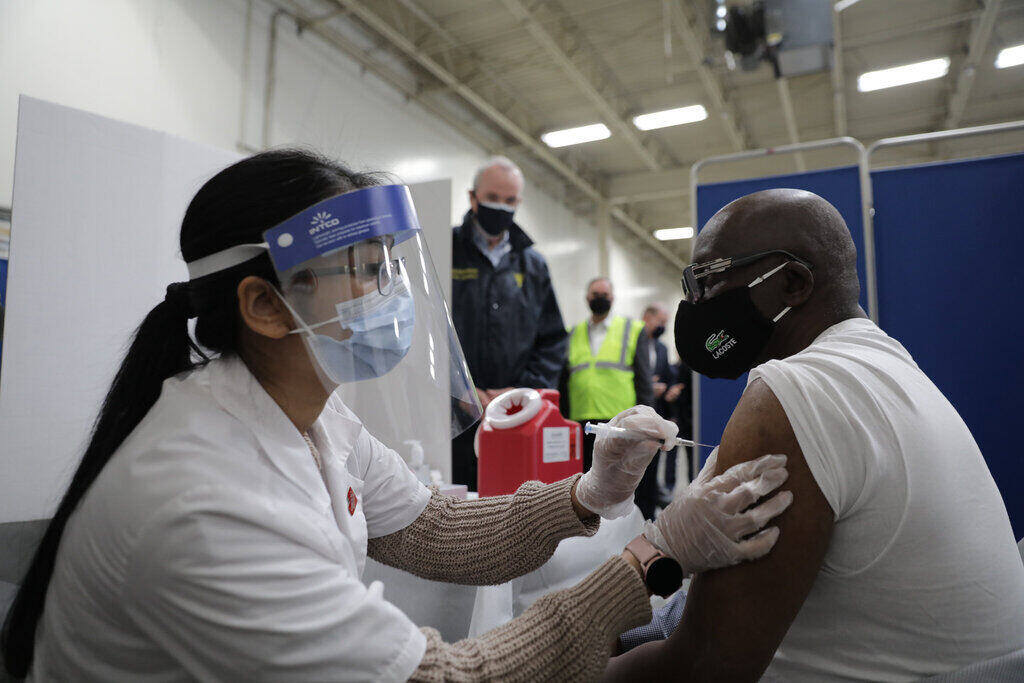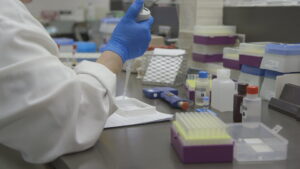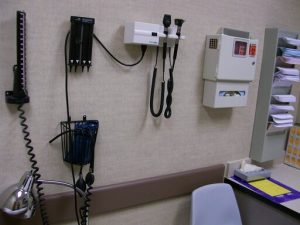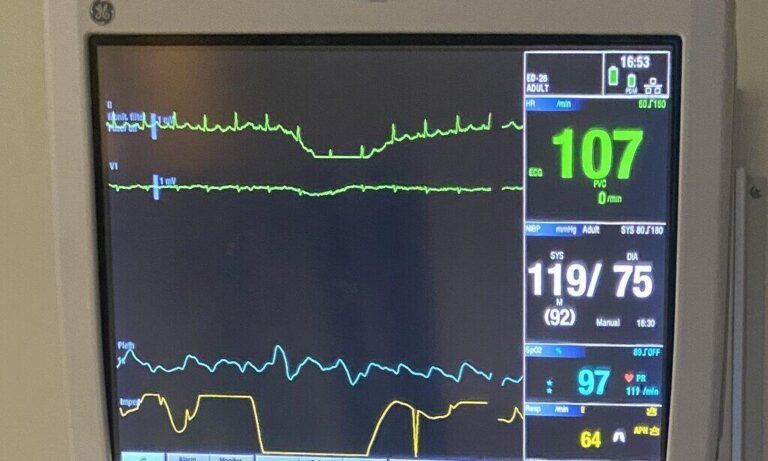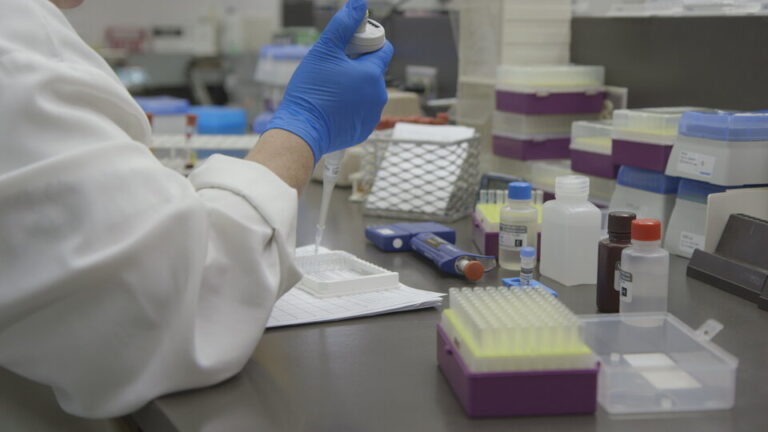COVID-19 infections in older people seem to increase the chances of shingles being developed.
Researchers have found that people ages 50 and up who contracted COVID-19 were 15% more likely to contract shingles. This is in comparison to those who were not infected. The risk is higher by 21% in those who were hospitalized with a more severe infection.
The lead researcher, Dr. Amit Bhavsar, explained that health care professionals and people who are higher in age are aware of the increase in risk. This is to help patients get diagnosed and treated sooner if they do get shingles after a COVID-19 infection. Dr. Bhavsar is the director of clinical research and development for GlaxoSmithKline (GSK) pharmaceutical company in Brussels.
The shingles condition is a skin rash that is painful and can occur in people who had a previous chickenpox outbreak.
Dr. Carrie Kovarik’s Explanation
Dr. Carrie Kovarik, a dermatology and medicine professor, explained the virus that creates varicella-zoster and chickenpox can hide in the nerve cells after people have gotten over the original infection. Dr. Kovarik is a professor at the University of Pennsylvania’s Perelman School of Medicine.
Some cases show that varicella-zoster can come back later on in life and can cause shingles. This is usually because of a compromised immune system.
Dr. Kovarik explains that the T-cells are the cells that keep the virus under control. When they are not working properly and a person has had the illness, get stressed, or get old, the chickenpox virus can pop out through the nerve and make its way onto the skin because it is unable to hold it longer than it has. Because of that, it is understandable that COVID-19 can bring on shingles. This is caused by the virus causing the immune system to struggle.
She stated that she has seen patients who have had episodes of shingles and did not have it prior to contracting COVID-19. It has been happening to more of her patients.
Dr. Amesh Adalja’s Thoughts
A senior scholar with Johns Hopkins Center for Health Security, Dr. Amesh Adalja agrees with Dr. Kovarik.
Dr. Adalja explained that it is not surprising that COVID-19 seems to cause immune troubles and stress physiologically. Also, he said that stress and unregular immune ability are factors that have been recognized in outbreaks of shingles.
For the research, Dr. Bhavsar and his coworkers compared data from approximately 400,000 COVID-19 patients. All patients consisted of people aged 50 and over. They were compared with 1.5 million people that have not had COVID-19.
Almost all adults ages 50 and up have had chickenpox in their life and are at risk for shingles, according to Dr. Bhavsar.

COVID-19 and Shingles Vaccinated People Excluded
None of the people in the study were ever vaccinated against shingles or COVID-19.
The risk is higher if symptoms continue for at least six months after being sick.
Dr. Bhavsar said that people who were vaccinated were not in the study. It is unknown if the vaccine for shingles could limit or get rid of the risk.
Dr. Kovarik is worried that a severe COVID-19 infection might affect the immunity to shingles after the vaccine. The concern is primarily in those with a weaker immune system.
She explained that the vaccine for shingles is the same as the chickenpox vaccine, but it is stronger. It attempts to get immune cells in motion and introduce them to the virus. Introducing the cells to the virus can create some immunity to possible infections. She also mentioned that those with compromised immune systems might not have a great immune reaction to the vaccine.
It is possible that COVID-19 might be strong enough to overwhelm the immune reaction to shingles.
Written by Marrissa Kay
Edited by Content Management Team
WebMD: Could COVID Increase Your Risk for Shingles?; by Dennis Thompson
Pharmacy Times: Observational Study Suggests COVID-19 Could Increase Shingles Risk in Adults Aged 50 and Older
The Washington Post: Older people who get covid are at increased risk of getting shingles; by Linda Searing
Featured and Top Image by Edwin J. Torres Courtesy of Phil Murphy’s Flickr Page – Creative Commons License
Inline Image Courtesy of francesco mussida’s Flickr Page – Creative Commons License

